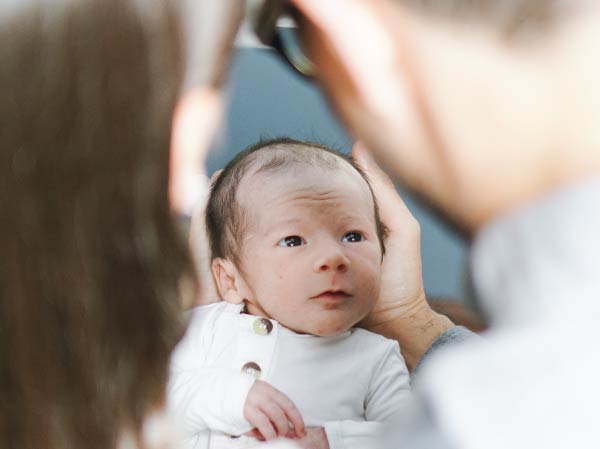How to be a hands-on dad
The way in which we parent has changed radically over the last few decades. For example, in 1982, 43% of fathers had never changed a nappy. Today, only around 3% of fathers would say the same. Another key shift is the language around parenting. Today, a father is less likely to say that he is "babysitting" his own children. Parents are also more likely to view raising the kids as something done in partnership, rather than a "job".
That said, some may be rather daunted at the prospect of becoming a dad. This could be especially so if your example of fathering was less than ideal. Thankfully much of how you parent can be learnt - and there's a lot of choice involved. Here are a few steps to get you started.
Memorable meal-times
Many parents may tell you that mealtimes are memorable, although not always for the right reasons. If your baby is still being breastfed, get involved by burping your baby after the feed. If bottle feeding is the way you've chosen to go, then it's much easier for you to be part of the process.
Bathing and nappies
According to research, changing your child's nappies, bathing them and dressing them is a powerful way to strengthen the bond between you. If you have a flexible work arrangement, make getting home before bath time a priority so that you can be part of this routine.

Bedtime stories
Once your child is a little older, reading bedtime stories is an ideal way of spending time together. Apart from the obvious benefits, research has also shown that it plays a valuable role in increasing school readiness. It has also shown to boost parental affection, and improve discipline.
Be present
This may sound obvious, but given the fact that you will have only 6570 days with your child until s/he turns 18, every hour of time spent together should be seen as valuable.

Be supportive
Prioritise supporting your children - in the exciting moments such as school concerts, sports events but also the more mundane events such as going to the doctor. These things do not have to be the sole domain of the primary caregiver. Help with homework and encourage your children to grow in the things that they are passionate about.
Be a good partner
Children are sensitive to their environment. When there's tension in the house, they will sense it and this will affect their perception of stability. While life has its ups and downs, try and keep clear and honest channels of communication going to ensure that one parent never feels overburdened and resentful towards the other because of this. A child should never feel that they are to blame for this.

